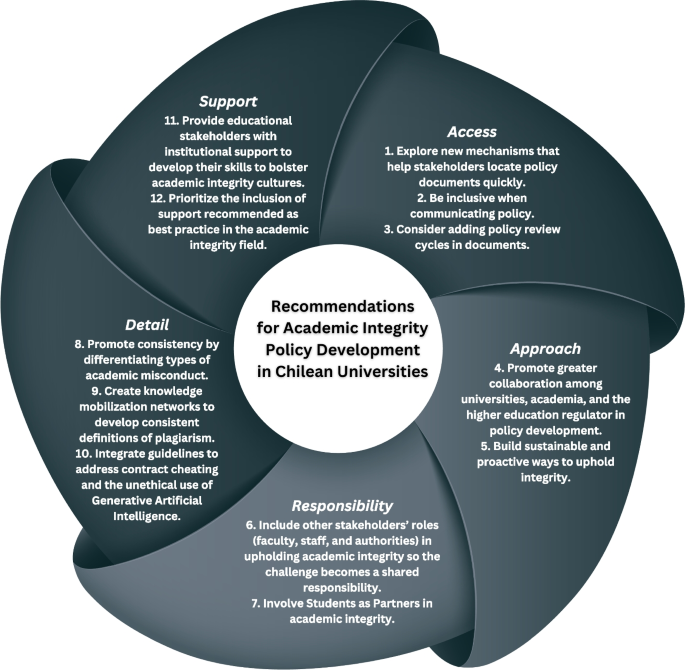UMass Academic Integrity Policy addresses AI technology on Campus
Generative AI tools, like ChatGPT and Google’s Gemini, are becoming increasingly prevalent, integrating AI into many aspects of our lives. However, when it comes to students, there exists a fine line between the utility and ethical considerations of incorporating AI into academic work.

Challenges and Perspectives
At the University of Massachusetts Amherst, students face inconsistent guidelines regarding the use of AI. Some professors prohibit its use, while others incorporate it into their lesson plans. Kevin Tracy, a first-year graduate student majoring in data analytics, expressed the ambiguity he faces, noting how some instructors showcase AI in demonstrations but discourage its use in assignments.
The Academic Matters Council, a committee of the UMass Faculty Senate, has proposed a new Academic Integrity Policy to the Student Government Association, aiming to update the language of the current Academic Honesty Policy to encompass digital technologies.
Modernizing Policies
Allison Butler, the Chair of the Academic Matters Council, highlighted the necessity of updating the policy to align with the digital age, emphasizing the lack of provisions for digital technologies in the current policy.

The proposed policy seeks to elucidate how academic integrity violations can manifest in digital formats, making it more accessible and comprehensible for students and educators alike. The Council aims to redefine violation definitions and provide guidance for navigating academic challenges.
Fostering a Supportive Environment
Josh Braun, a journalism professor at UMass, advocates for a supportive approach to handling breaches of academic integrity, emphasizing understanding and support over punitive measures. By offering assistance and guidance, the policy aims to help students develop better learning strategies.

The new policy encourages transparent discussions between instructors and students regarding the appropriate use of technology in academic settings, fostering a collaborative and informed environment.
Looking Ahead
The Faculty Senate plans to review the draft during their upcoming meeting, with a vote scheduled for February. The goal is for this policy to establish a framework for future academic integrity standards, adapting to evolving technologies and maintaining a focus on clarity and curiosity in addressing ethical issues.




















